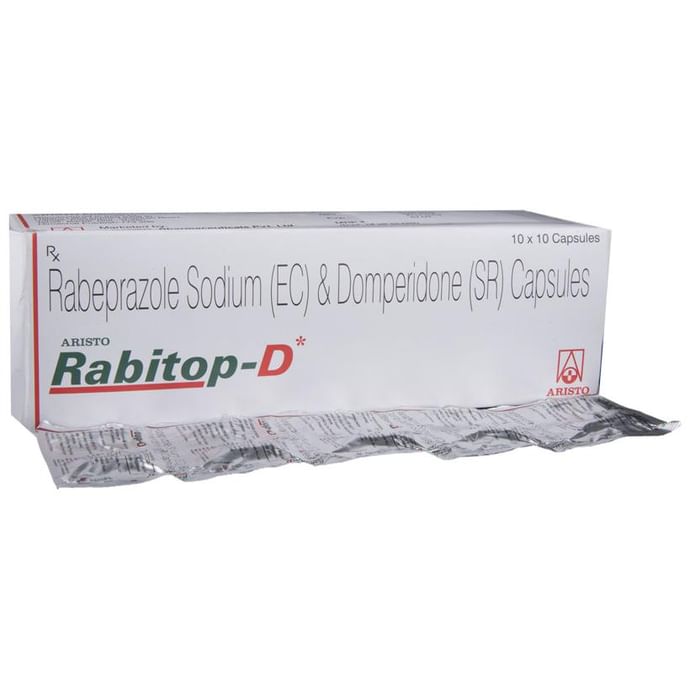halocef
Introduction to Halocef
Halocef is a widely used antibiotic medication known for its effectiveness in treating a variety of bacterial infections. It belongs to the class of cephalosporin antibiotics, which are known for their broad-spectrum activity. Halocef is particularly effective against infections caused by susceptible strains of bacteria, making it a preferred choice for healthcare professionals. This medication is available in different forms, including tablets, capsules, and oral suspensions, providing flexibility in administration based on the patient's needs and age. Halocef is commonly prescribed for respiratory tract infections, skin infections, and urinary tract infections, among others.
Composition of Halocef
The active ingredient in Halocef is Cefaclor, which is present in a concentration of 50mg per dosage form. Cefaclor is a second-generation cephalosporin antibiotic that works by interfering with the synthesis of the bacterial cell wall, ultimately leading to the death of the bacteria. Its effectiveness against a wide range of gram-positive and gram-negative bacteria makes it a versatile option for treating infections. By targeting the bacterial cell wall, Cefaclor ensures that the bacteria cannot survive or multiply, thereby helping the body to overcome the infection.
Uses for Halocef
Halocef is prescribed for the treatment of various bacterial infections, including:
- Respiratory tract infections such as pneumonia and bronchitis
- Skin and soft tissue infections
- Urinary tract infections
- Otitis media (middle ear infections)
- Sinusitis
Side Effects of Halocef
While Halocef is generally well-tolerated, some patients may experience side effects, including:
- Nausea and vomiting
- Diarrhea
- Rash or itching
- Dizziness
- Headache
- Abdominal pain
Precautions of Halocef
Before taking Halocef, it is important to consider the following precautions:
- Inform your doctor if you have a history of allergic reactions to penicillins or cephalosporins.
- Use with caution in patients with a history of gastrointestinal disease, particularly colitis.
- Adjust dosage in patients with renal impairment.
- Pregnant or breastfeeding women should consult their healthcare provider before use.
- Complete the full course of treatment as prescribed, even if symptoms improve.
Conclusion
Halocef, with its active ingredient Cefaclor, is a reliable antibiotic for treating a variety of bacterial infections. Available in tablet, capsule, and oral suspension forms, it offers flexibility in administration to suit different patient needs. While generally safe and effective, it's important to be aware of potential side effects and take necessary precautions. Always consult with a healthcare professional before starting any new medication. By adhering to medical advice and completing the prescribed course, patients can effectively manage their infections with Halocef.
More medicines by Aristo Pharmaceuticals Pvt Ltd
Available in 3 variations

Halocef 125mg Dry Syrup 30ml
bottle of 30 ml Dry Syrup

Halocef 125mg Suspension
bottle of 30 ml Suspension

Halocef 50mg Drop
packet of 10 ml Drop
Disclaimer : This information is not a substitute for medical advice. Consult your healthcare provider before making any changes to your treatment . Do not ignore or delay professional medical advice based on anything you have seen or read on Medwiki.
halocef
Prescription Required
Manufacturer :
Aristo Pharmaceuticals Pvt LtdComposition :
cefaclor













.svg)
